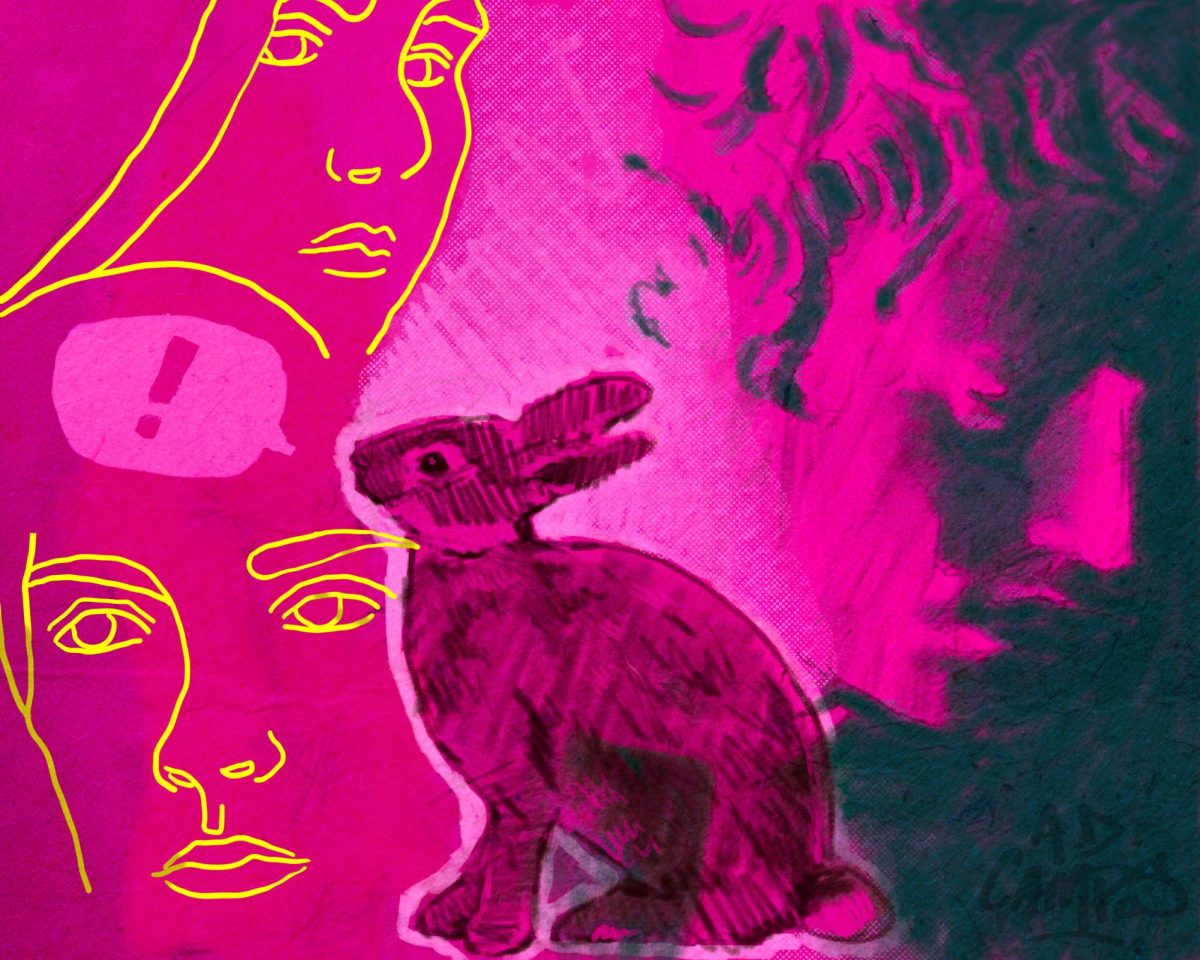Alanis Morissette’s poetic lyrics and sonic angst have enraptured audiences since her 1995 album, “Jagged Little Pill.” Now, 30 years later, author Megan Volpert dives into Morissette’s legacy, using the album as a North Star for exploration.
Released last month through the University of Texas Press, “Why Alanis Morissette Matters” looks back at Morissette’s career. Volpert balances personal Generation X insight with adept synthesis of philosophical and literary theories to argue how Morissette has proliferated feminist teachings through popular music.
Drawing comparisons from Charles Dickens (“Great Expectations”) to Jean-Paul Sartre (“Nausea”), Volpert threads complex connections to Morissette’s lyricism that are sure to satisfy an audience of angsty teens-turned-English majors. These connections support Morissette’s status as a serious writer, allowing readers to understand the complexity behind her memorable lyrics. Volpert addresses Morissette’s reputation as a poster child for feminine rage, reframing this limitation by critics as proof of Morissette’s emotional depth and ability to inspire catharsis.
Volpert builds a persuasive case for Morissette’s role as a feminist leader as she focuses on her authenticity and bravery in acknowledging the universal struggles of womanhood. Although many of her points as to why Morissette’s role is essential to the feminist movement could seemingly be applied to other legendary women in music, Volpert’s insistence and depth of exploration leave the reader embracing Morissette as a perfect example of this phenomenon.
Acknowledging the feminist punk Riot Grrrl movement also occurring during the ‘90s, Volpert creates a nuanced look at the potential consequences of popular music being the mode in which Morissette writes. Her songs may be less abrasive and straightforward than those of Kathleen Hanna and other Riot Grrrls, but Morissette’s teachings allow young women an entry point into these same ideas.
Volpert mainly focuses her energy on the 1995 album, “Jagged Little Pill,” an understandable choice as the book reads at a concise 136 pages. In doing so, Volpert can more deeply assess the most well-known hits, providing fascinating deep readings of songs, such as “Ironic” and “Perfect.”
Drawing on her own experience growing up in the ‘90s as a queer individual, Volpert also argues for the magnitude of Morissette’s allyship and her intergenerational importance. By referencing the role of contemporary artists such as Lana Del Rey and Billie Eilish, Volpert seems to understand that the part Morissette played in her own life is something younger generations can relate to as they turn to pop music to survive the many challenges of girlhood.
In “Why Alanis Morissette Matters,” readers can see how both Volpert and Morissette place importance on communicating the struggles born from existing as a woman –– a message that remains pertinent 30 years after Morissette first unpacked the topic on “Jagged Little Pill.” Volpert effectively includes analysis of the sonic and lyrical elements of Morrisette’s work, as well as its impact, enjoyably educating readers on why they “oughta know” about this ‘90s legend.
4 Jagged Little Pills out of 5














